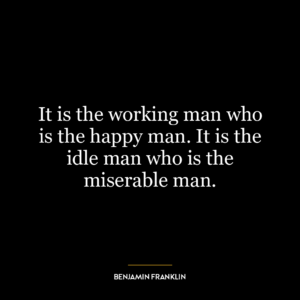If you can’t pay for a thing, don’t buy it. If you can’t get paid for it, don’t sell it.
This quote underscores the basic principles of financial responsibility and self-sufficiency. It advises against the practice of spending money that one does not have, and against the idea of selling something without a surety of getting paid for it. It’s a simple yet profound message about avoiding debt and ensuring income.
The first part, “If you can’t pay for a thing, don’t buy it,” is a stern warning against impulsive or unnecessary purchases, especially when one doesn’t have the means to afford them. It emphasizes the importance of living within your means and not falling into the trap of credit or debt. This principle encourages us to save money and spend wisely, only on what we can afford.
The second part, “If you can’t get paid for it, don’t sell it,” is about ensuring that your work or goods are appropriately valued. It discourages giving away your time, skills, or products for free or for less than they’re worth. This part of the quote advocates for recognizing one’s worth and not settling for less.
In today’s world, this quote is highly applicable. With the rise of credit card debt and the culture of instant gratification, many people buy things they can’t afford, leading to financial instability and stress. Additionally, in the gig economy, where short-term contracts or freelance work are common, many people undervalue their work and don’t get paid what they deserve.
In terms of personal development, this quote can serve as a guide for financial discipline and self-worth. By adopting the principle of only buying what you can afford, you develop financial responsibility and independence. By ensuring you’re paid appropriately for your work, you’re valuing yourself and your skills, which can lead to increased self-esteem and personal growth.
In essence, this quote is a timeless piece of wisdom that encourages financial responsibility, self-worth, and the importance of valuing one’s work. It’s a simple yet powerful guideline that, if followed, can lead to financial stability and personal growth.















